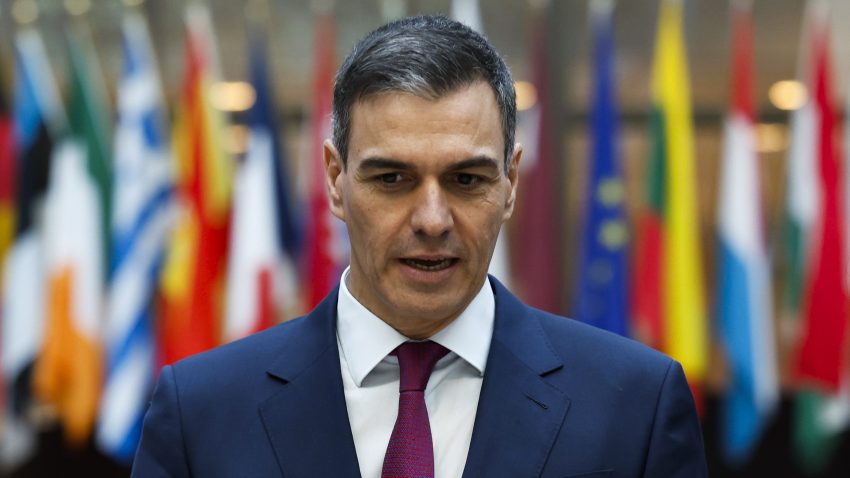Spanish Prime Minister Pedro Sanchez suffered a stinging defeat last week, when the right-wing Catalan separatist party Junts per Catalunya torpedoed a controversial amnesty measure that Sanchez had promised the party in exchange for its support in returning Sanchez to office following last July’s inconclusive election. Junts claimed the bill did not sufficiently protect former party leader Carles Puigdemont from criminal cases unrelated to the illegal 2017 Catalan independence referendum covered by the amnesty.
Sanchez’s Socialist Workers’ Party, or PSOE, came in second in last year’s voting, but he deftly engineered an improbable return as prime minister after the conservative opposition Popular Party, or PP, and its far-right coalition partner Vox fell just short of a majority. With a renewal of Sanchez’s progressive coalition emerging as the only viable alternative to fresh elections, he managed to seal a deal with regional separatist parties, including Junts, to win an investiture vote in Parliament.
His gamble on an early snap poll had seemingly paid off. But as last week’s vote highlighted, he now finds himself at the head of a government that is even more unruly than his previous complex, multiparty progressive alliance, which pundits dubbed the “Frankenstein coalition.”

